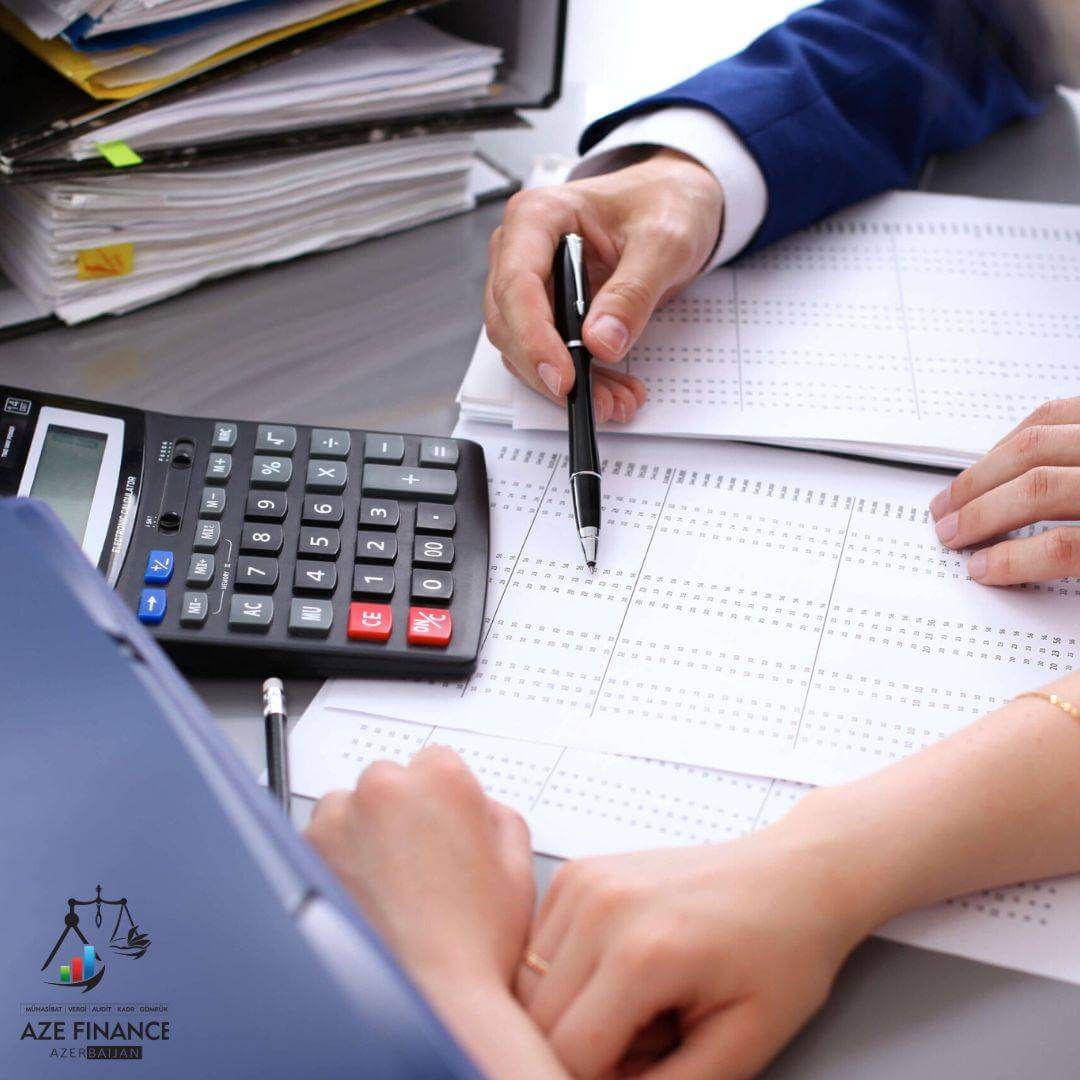When goods are sold at cost price, how is income tax calculated?
When goods are sold at cost price, how is income tax calculated?

The entrepreneur is engaged in retail clothing sales. However, due to an inability to adapt to market conditions, the business is operating at a loss. As a result, the remaining goods in the warehouse are sold to another entrepreneur at cost price. In such a case, is the entrepreneur subject to income tax based on the cost price or the market value of the goods at the time of sale?
According to the State Tax Service under the Ministry of Economy, Article 143 of the Tax Code stipulates that the value of assets includes expenses incurred for their acquisition, delivery, production, construction, installation, and assembly, as well as other expenses that increase the asset’s value—except for the increase resulting from the revaluation of fixed assets (i.e., the positive difference arising from revaluation). These costs, if deductible, may be subtracted from income in accordance with Article 108 of the Tax Code.
It is further stated that if, within a 30-day period, the prices applied by taxpayers to identical or similar goods (works, services) deviate by more than 10% in wholesale trade, 20% in construction and production, or 30% in other areas from the market prices determined through comparable transactions—taking into account the requirements of Article 14.6.1 of the Tax Code and natural loss rates set by the relevant executive authority—then the market price is applied for taxation purposes.
Additionally, it is noted that when determining the market value of goods (works, services), the following factors that may influence prices are considered:
- The volume of goods shipped (or the amount of work performed/services rendered);
- The duration of obligation fulfillment and payment terms;
- Changes in demand and supply for the goods (works, services), including seasonal fluctuations in consumer demand;
- The country of origin and the place where the goods are purchased or provided;
- Delivery terms of the goods (works, services);
- The quality and other consumer-related characteristics of the goods;
- The introduction of new, unique goods (works, services) to the market or entry into a new market, including the provision of samples for consumer familiarity as part of marketing strategies;
- When determining the market value of works and services—such as repair, construction, installation, transportation, leasing, education, healthcare, and others—the location where the work is performed or service is provided, their quality indicators, and other conditions that affect pricing are taken into account.
If the prices set by taxpayers for delivered goods (works, services) are more than 30% below the market value as determined in accordance with the Tax Code, taxes are calculated based on the market value. If the prices are above that level, taxes are calculated based on the actual transaction price.

The entrepreneur is engaged in retail clothing sales. However, due to an inability to adapt to market conditions, the business is operating at a loss. As a result, the remaining goods in the warehouse are sold to another entrepreneur at cost price. In such a case, is the entrepreneur subject to income tax based on the cost price or the market value of the goods at the time of sale?
According to the State Tax Service under the Ministry of Economy, Article 143 of the Tax Code stipulates that the value of assets includes expenses incurred for their acquisition, delivery, production, construction, installation, and assembly, as well as other expenses that increase the asset’s value—except for the increase resulting from the revaluation of fixed assets (i.e., the positive difference arising from revaluation). These costs, if deductible, may be subtracted from income in accordance with Article 108 of the Tax Code.
It is further stated that if, within a 30-day period, the prices applied by taxpayers to identical or similar goods (works, services) deviate by more than 10% in wholesale trade, 20% in construction and production, or 30% in other areas from the market prices determined through comparable transactions—taking into account the requirements of Article 14.6.1 of the Tax Code and natural loss rates set by the relevant executive authority—then the market price is applied for taxation purposes.
Additionally, it is noted that when determining the market value of goods (works, services), the following factors that may influence prices are considered:
- The volume of goods shipped (or the amount of work performed/services rendered);
- The duration of obligation fulfillment and payment terms;
- Changes in demand and supply for the goods (works, services), including seasonal fluctuations in consumer demand;
- The country of origin and the place where the goods are purchased or provided;
- Delivery terms of the goods (works, services);
- The quality and other consumer-related characteristics of the goods;
- The introduction of new, unique goods (works, services) to the market or entry into a new market, including the provision of samples for consumer familiarity as part of marketing strategies;
- When determining the market value of works and services—such as repair, construction, installation, transportation, leasing, education, healthcare, and others—the location where the work is performed or service is provided, their quality indicators, and other conditions that affect pricing are taken into account.
If the prices set by taxpayers for delivered goods (works, services) are more than 30% below the market value as determined in accordance with the Tax Code, taxes are calculated based on the market value. If the prices are above that level, taxes are calculated based on the actual transaction price.


